He will now undergo a psychological evaluation.
“Peter Mangs has ruthlessly ruined the lives of several people. These crimes have been committed in a terribly cold and cyncial way, completely devoid of any feeling. We argue that he had the clear intent to shoot foreigners,” said chief prosecutor Solveig Wollstad, according to news agency TT.
Mangs was facing 20 charges of which the court ruled that he was guilty of 13, among these two murders, four attempted murders and three cases of illegal threats.
“This is what we have been hoping for. Even if I have felt all this time that it must be so, this is the truth, seeing as the decision comes from the court,” said one victims’ mother to TT.
In one of the three murder charges against Mangs, the court didn’t feel that the evidence was convincing enough to find him guilty.
However, Mangs will now undergo a psychiatric evaluation lasting some four weeks.
The result of this evaluation will be presented in August when his defence lawyers and the prosecutor will argue what penalty he should receive.
“The penalty for these crimes should equate to life imprisonment,” Wollstad argued.
“He should definitely be punished, that is the consequence of what he has done. But to me it isn’t important, I won’t get my daughter back regardless. Never ever. We have to live with this for the rest of our lives,” the victim’s mother said to TT.
Mangs was arrested in November 2010 after a massive manhunt following a string of shootings against people of immigrant origin that gripped Sweden’s third largest city with fear.
On Tuesday, he was also found guilty of four of the 12 counts of attempted murder he had been charged with, after having fired numerous shots with his Glock 19 pistol at homes, businesses and cars as well as out in the open, seriously injuring a number of people and coming close to killing many others.
The ruling is expected in the first or second week of September.

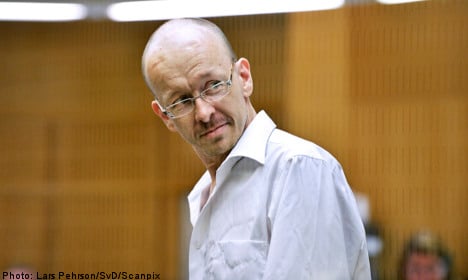
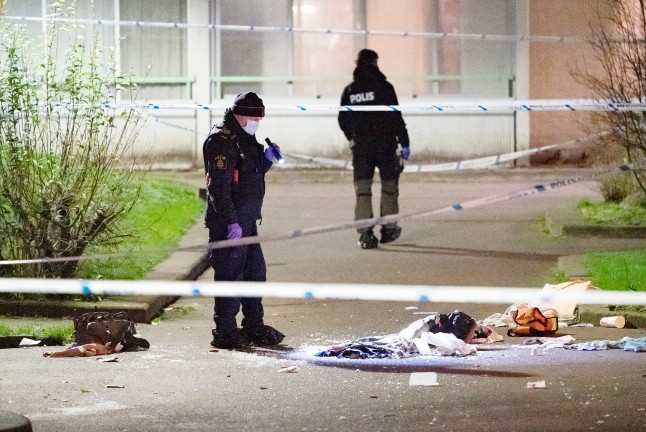
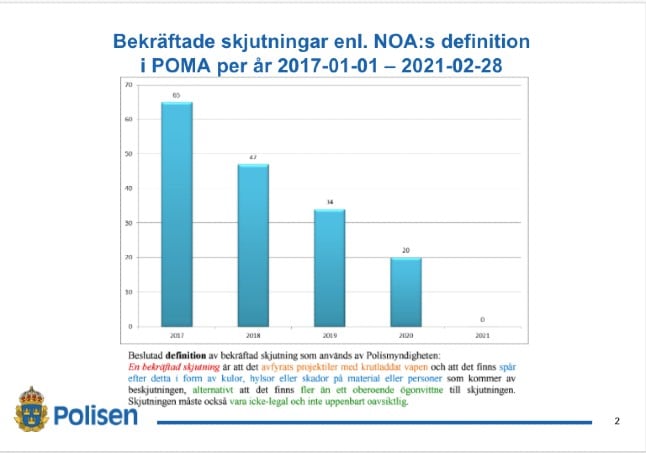
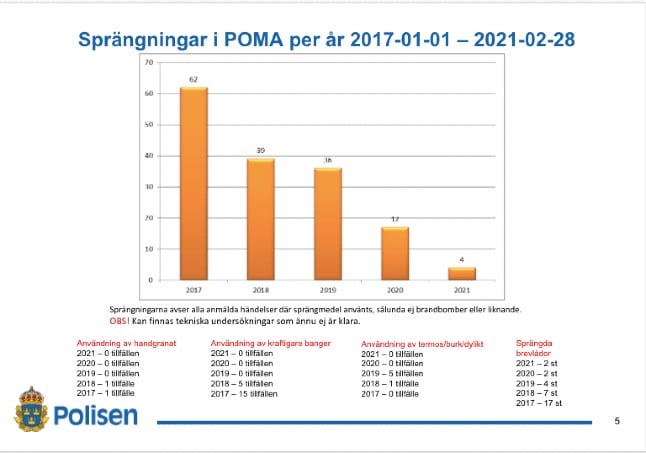
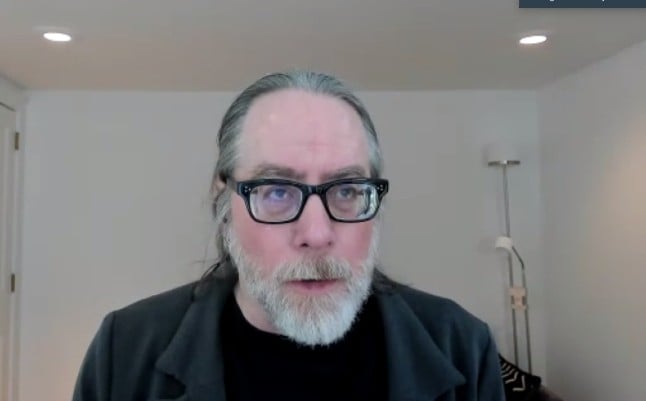
 Please whitelist us to continue reading.
Please whitelist us to continue reading.
Member comments